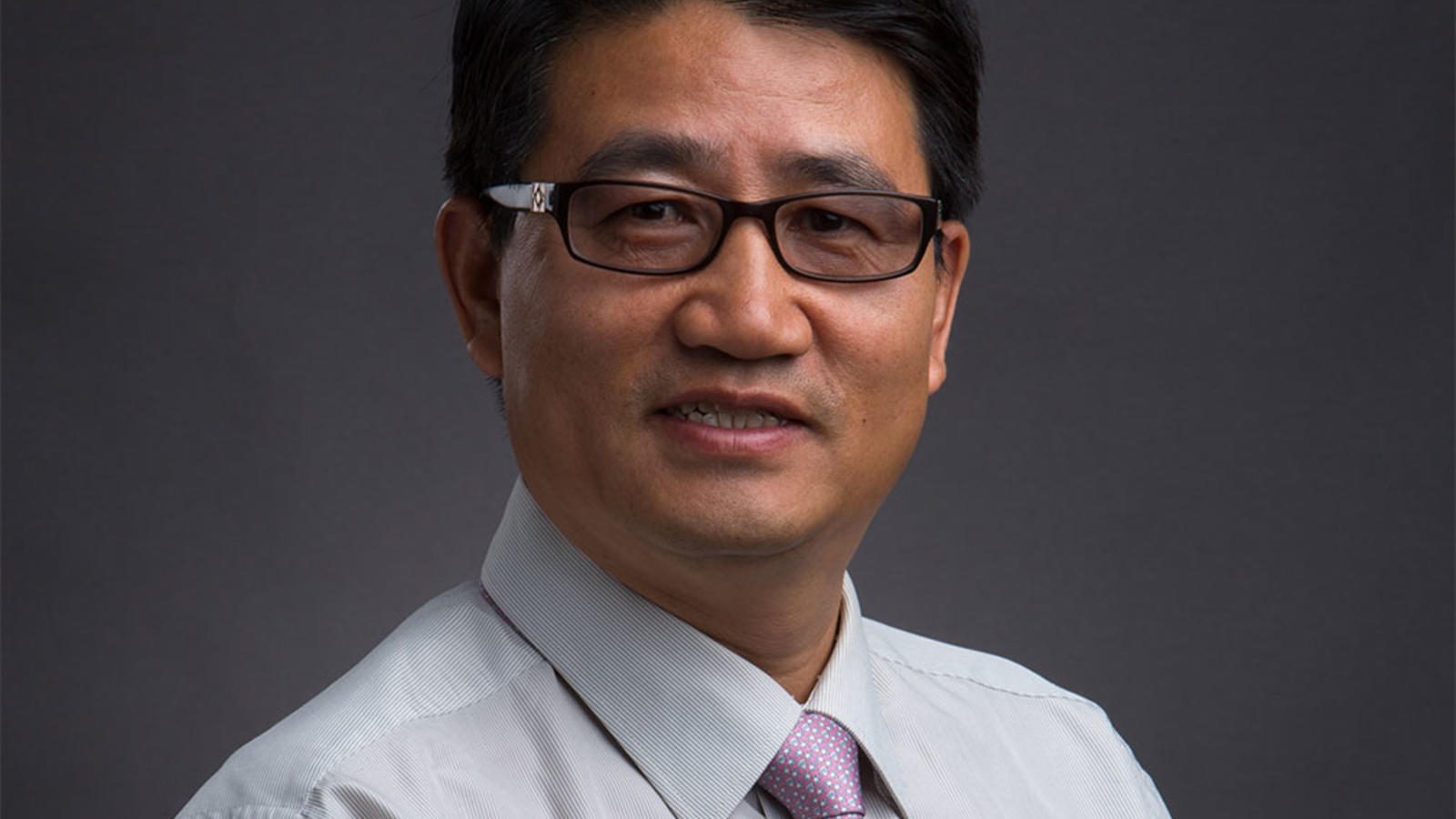North Carolina Central University (NCCU) will recognize its first class of Clinical Research Sciences certificate graduates in a virtual ceremony Aug. 15, 2020, at 10.a.m.
The eight graduates have completed all requirements of the online program and are qualified to work in the fast-growing clinical research industry in North Carolina and beyond, said Hernan Navarro, Ph.D., director of NCCU’s Biomanufacturing Research Institute and Technology Enterprise, or BRITE.
“This certificate allows people in other related jobs to move into the clinical research field and those already in the field to advance their careers without having to complete another degree program,” Navarro said. “That’s what is so exciting about this.”
Clinical research scientists often work on drug trials, which occur after the laboratory development phase, recruiting and managing human subjects to study the safety and effectiveness of the product and to uncover any unexpected side effects.
The program complements other courses of study in the Department of Pharmaceutical Sciences, which offers two bachelor’s degrees -- pharmaceutical sciences and clinical research sciences – as well as a master’s in pharmaceutical sciences and a concentration in pharmaceutical sciences as part of the Ph.D. in Integrated Biosciences.
The Clinical Research Sciences certificate grew out of an ongoing partnership between North Carolina Central University and the Clinical and Translational Science Institute of Duke University, which assisted with course content.
Roslyn Lewis, coordinator of the NCCU Clinical Research Sciences certificate program, described the all-female initial class of graduates as “engaged, focused and determined to complete the certificate despite the adversity related to COVID-19 that presented itself in the middle of our first year of the program.”
Graduate Yemisi Mohammed said she was pleased with the program, which she called “rigorous…but well worth it.”
“It was a very high-quality education with professional yet wonderful instructors who are passionate about our success,” Mohammed said.
Professor Andy Li, chair of the Pharmaceutical Sciences Department, pointed out the value of offering the program at NCCU, a historically black university, or HBCU.
“Clinical research trials have low participation from minority ethnic groups,” Li said. “It is hoped that our graduates will support clinical research organizations in diversifying subject participation.”
